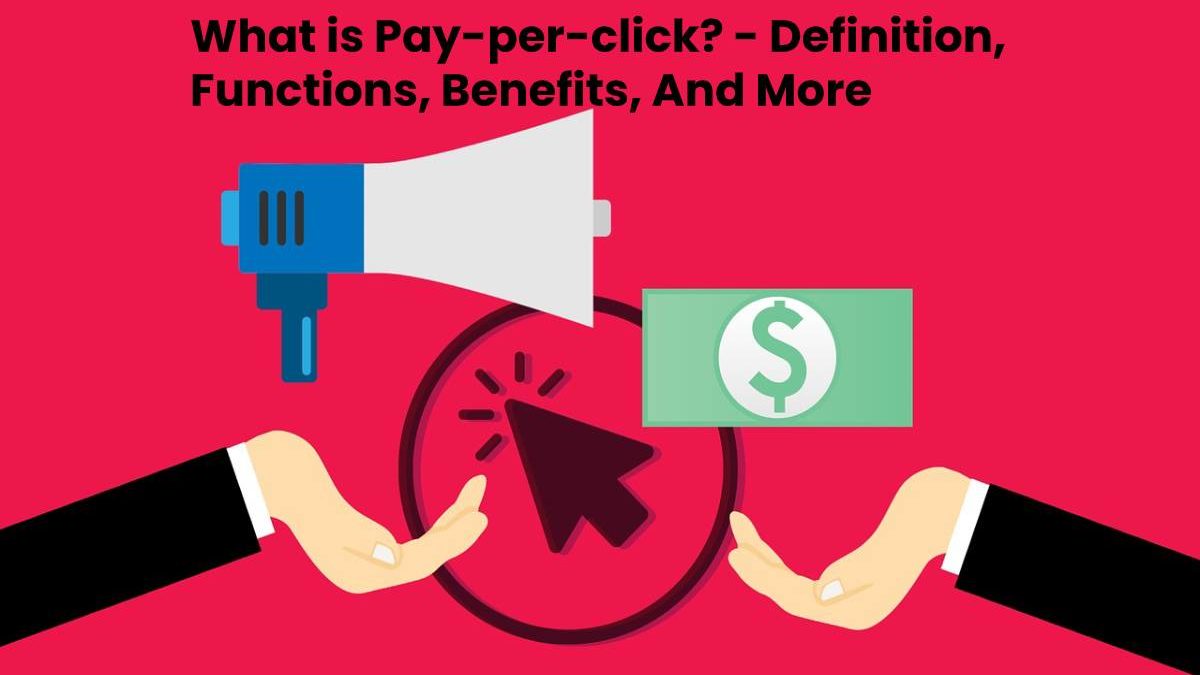Table of Contents
Definition Pay-per-click (PPC)
PPC stands for Pay-Per-Click. It refers to an Internet advertising model where the advertiser pays to place ads on their website in search engines or on other websites. Every time a user clicks on a said advertisement, they will get directed to the advertiser’s website. And they will charge a fixed price for each click of the users.
What is Pay Per Click marketing
The PPC in marketing is the relationship that exists between a website that offers advertising space and another website that wants to promote its services or products through ads that have a link. It has a fee. In other words, the PPC is chargeable; it is based on a specific price to pay for each click that the user makes when they click on the said ad.
An example of PPC (or SEM) is Google Adwords campaigns and their sponsored links. These ads appear in the first Google search results. Also, in the ads on the right.
Pay-per-click Benefits
This pay-per-click system is very beneficial to increase traffic to the advertiser’s website. And also to increase sales. It brings many benefits to companies that new. Since with this system, they will present their products almost immediately. This way, they will have time until they get positioned organically.
Another advantage that PPC has is that you only pay if users click on your ad. And you also determine the price. This price will be conditioned to other factors so it can increase or decrease. But it is beneficial that you only spend money when you click on it.
You can also control your campaign and adjust it to your needs or those of the user. You were thus targeting advertising much more precisely to your potential customers.
How to Optimize PPC Campaigns
It requires training and many tests until you find the key. For this, as we have said, training is more than necessary. If you join us, you will navigate the Adwords interface and learn to create and configure campaigns, in addition to optimizing them.

